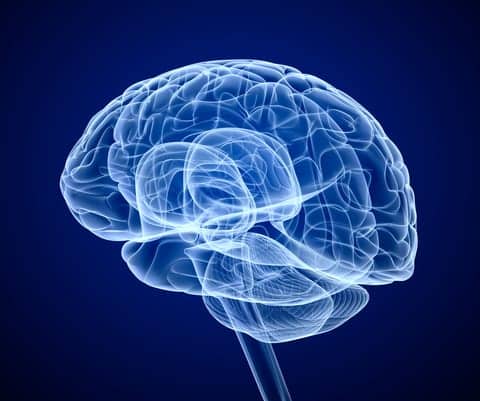Neuroscientists at the University of Massachusetts Medical School (UMMS) and The Scripps Research Institute have identified circuitry in the brain responsible for the increased anxiety often experienced during withdrawal from nicotine addiction.
According to a UMMS news release, the study produced several discoveries about interconnected brain mechanisms that induce anxiety during nicotine withdrawal as well as potential ways to derail these mechanisms in order to treat or prevent this symptom.
Principal investigator Andrew Tapper, PhD, says, “We identified a novel circuit in the brain that becomes active during nicotine withdrawal, specifically increasing anxiety. Increased anxiety is a prominent nicotine withdrawal symptom that contributes to relapse in smokers attempting to quit.”
The experiments that led to the findings were conducted over several years. The main finding of the study is that a brain region called the interpeduncular nucleus is activated and seems to cause anxiety during nicotine withdrawal. Investigators were intrigued to learn that the sub region of the interpeduncular nucleus is distinct from another sub-region where physical nicotine withdrawal symptoms originate.
The UMMS news release notes that the newly discovered sub region offers a specific target for dampening the affective symptoms of nicotine withdrawal. Also newly identified is the fact that input from neurons in two other brain regions converge onto the interpeduncular nucleus to stimulate anxiety-provoking neurons. Tapper says, “Both of these inputs are important. We could alleviate anxiety during nicotine withdrawal by either preventing corticotropin releasing factor synthesis in the ventral tegmental area, or by silencing the medial habenula inputs into the interpeduncular nucleus.”
Tapper adds, “There are already drugs that block the CRF receptor that contributes to activation of these anxiety-inducing neurons. These receptors have previously been linked to anxiety and depression, so our findings may also have implications for anxiety disorders in general.”
Next, the research team plans to expand the scope of the scientists’ understanding of the interactions between stress, anxiety, reward, and withdrawal from addictive substances.
Source: University of Massachusetts Medical School









